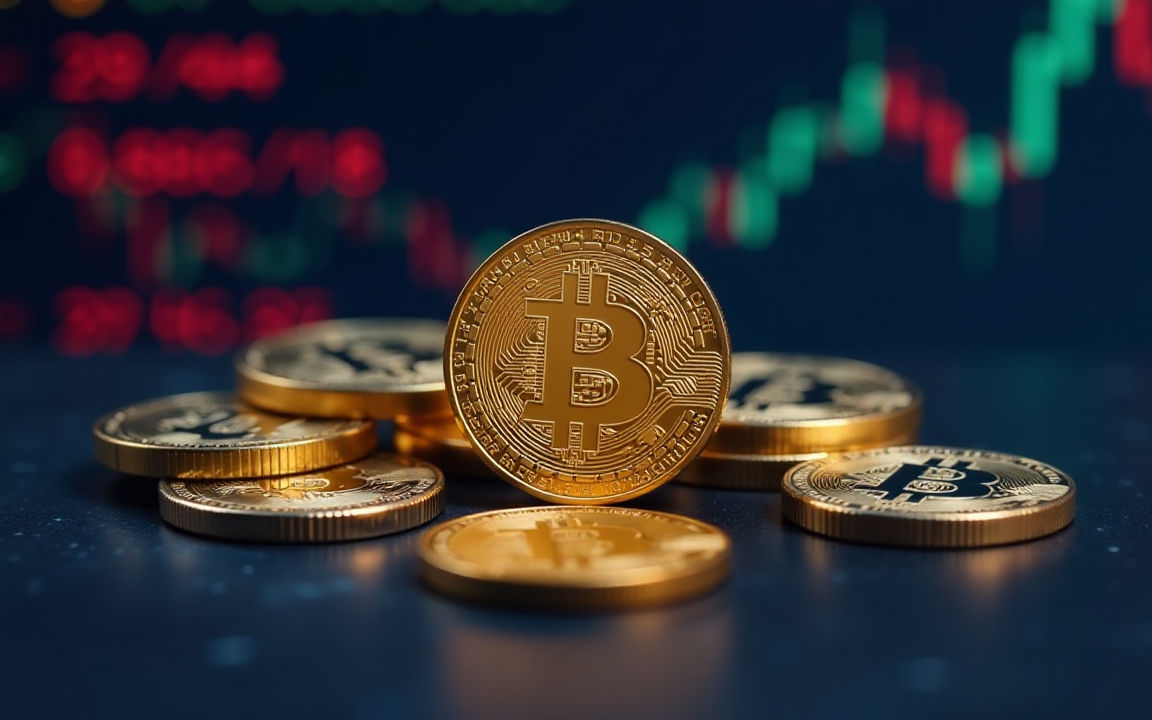LATAM is establishing itself as a vital hub in the global bitcoin ecosystem, with new milestones demonstrating both rapid acceptance and rising creativity.
This week’s highlights include an increase in blockchain use cases across the region, ranging from remittances to financial inclusion, as well as the international listing of the FIRU token on Coinstore, a project that began in Peru and is now receiving global awareness.
These initiatives not only highlight the region’s Web3 leadership but also demonstrate how local requirements and legislative shifts are driving the next wave of crypto growth in Latin America.
LATAM as a strategic hub for blockchain: report
Latin America has emerged as a global leader in blockchain adoption, propelled by a pressing need to address social and economic issues.
According to Sherlock Communications’ Blockchain in Latin America Report 2025, the region is using Web3 technology to increase financial inclusion, automate remittances, and tokenise assets.
Countries such as Mexico are seeing tremendous adoption driven by record-breaking remittance volumes, with companies like Bitso and Félix Pago processing billions of dollars via crypto channels.
Beyond banking, blockchain is being investigated for election audits, real estate tokenisation, and even social efforts such as transparent donation monitoring.
According to the report, Brazil, Argentina, and Mexico have the most established ecosystems, with Colombia and Peru emerging as new players.
Ethereum dominates on-chain activity in the region, accounting for more than 75% of transactions, followed by Polygon (20%).
Argentina is notable for utilising stablecoins as a hedge against inflation, while Brazil leads in user adoption with 25 million crypto investors.
Despite the fragmented regulatory framework, momentum is building, fueled by institutional interest and new companies.
However, the paper advises that financial education, regulatory clarity, and tax regimes are still critical for maintaining trust and long-term adoption.
FIRU token listing: expanding blockchain for animal welfare
Today (Aug 16), World Animal Registry will achieve a significant milestone by listing its FIRU cryptocurrency on the worldwide exchange Coinstore.
The program, founded in Peru as Firulaix, uses blockchain to register animals using ISO-certified microchips, store structured data on IPFS, and record unique identifiers on smart contracts.
The project ensures transparency, traceability, and global accessibility by using FIRU as an ERC-20 utility token and managing unique animal IDs according to ERC-721 standards. I
It has already been adopted in Latin America, Spain, and the United States, where microchipping regulations allow for seamless integration.
Currently, the platform manages over 12,000 registrations and works with over 100 veterinary clinics, with plans to expand into farm and exotic animal records.
Beyond dogs, it has developed digital IDs for veterinarians, protected clinical histories, and allowed for frictionless cross-border ownership transfers.
With the Coinstore listing, NGOs and shelters worldwide will have direct access to FIRU for donations and payments, bolstering animal welfare efforts.
Future ambitions include building its blockchain—a Celo fork—and delivering platform 3.0, which will integrate veterinary management systems with payments and traceability, firmly establishing FIRU as a cornerstone of animal care innovation.
The rise of Bitcoin self-custody in El Salvador
Since El Salvador adopted Bitcoin as legal tender in 2021, self-custody has emerged as a key subject in the discussion over financial independence and security.
Ronny Avendaño, a Salvadoran reared in Canada, founded The Bitcoin Hardware Store in Playa El Zonte with Jamie Robinson in 2024 to address the lack of local access to technical items such as hardware wallets and nodes.
The store not only offers open-source devices like Blockstream Jade and SeedSigner, but it also acts as a learning centre, hosting workshops on the significance of keeping private keys and comprehending Bitcoin’s unique worth.
Interest in self-custody surged after the government’s Chivo wallet was shut down, causing many citizens to explore alternate ways to preserve their cash.
Today, Salvadorans make up roughly 30% of the store’s customer base, a departure from its early foreign clientele. Avendaño sees hardware wallets as a long-term investment in security, despite their high initial cost of roughly $100.
His ambition is to extend stores nationally within five years, with support from local communities and free instructional classes in both Spanish and English, helping individuals to attain true financial independence through Bitcoin.
The post LATAM crypto: Blockchain adoption grows, while FIRU debuts on global exchange appeared first on Invezz
